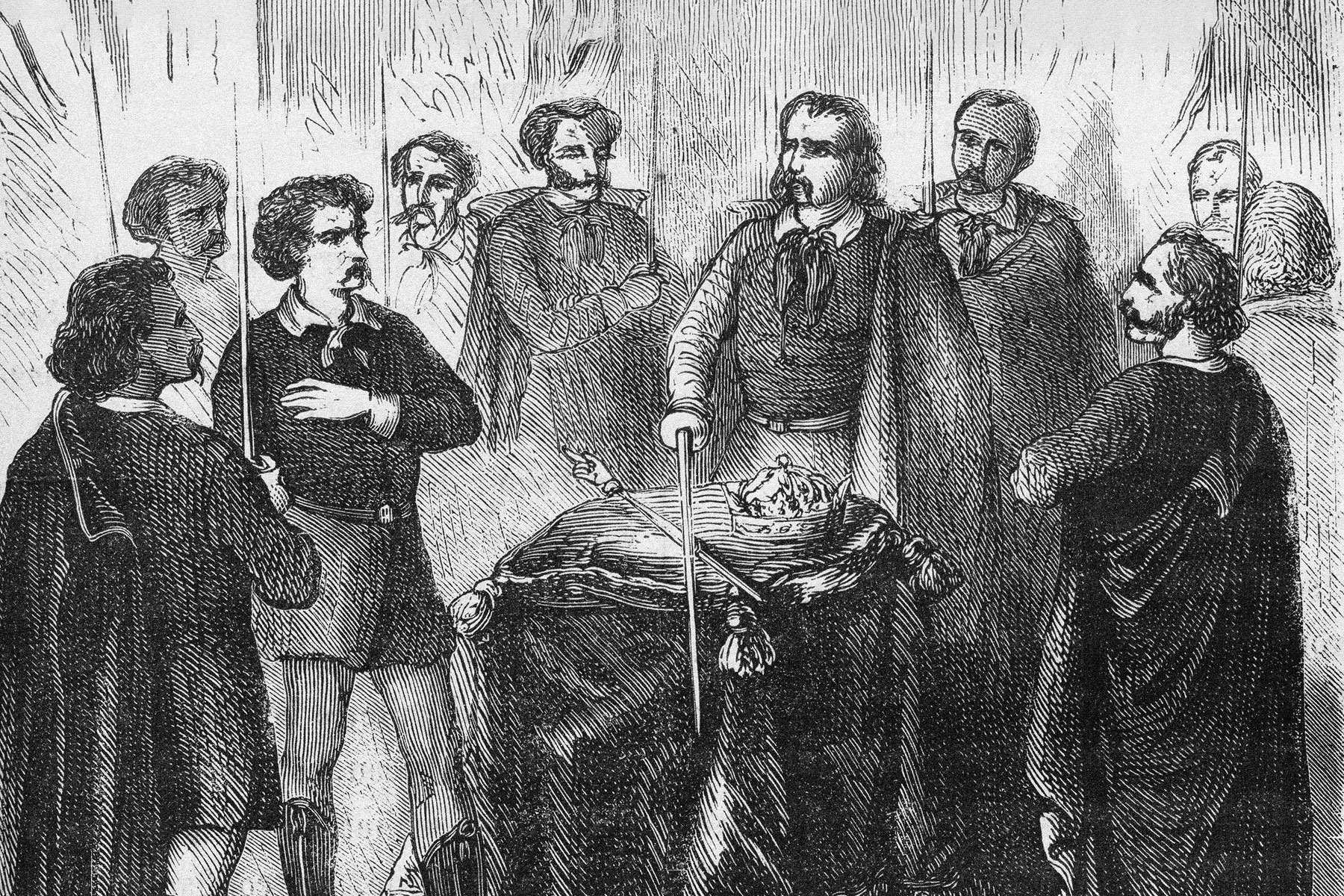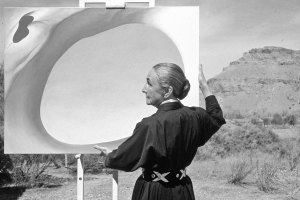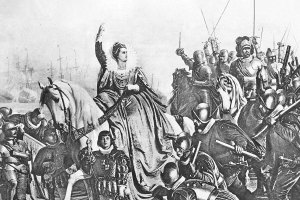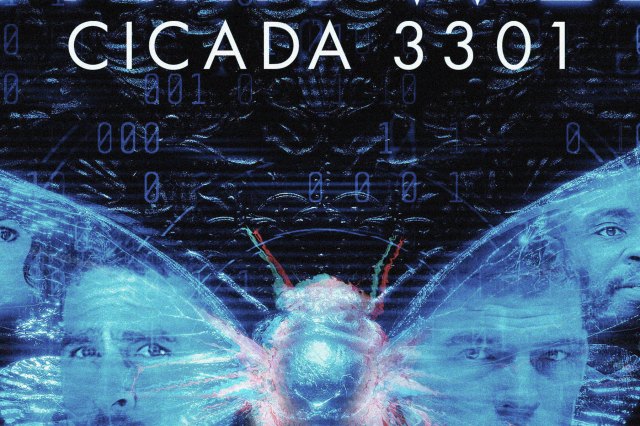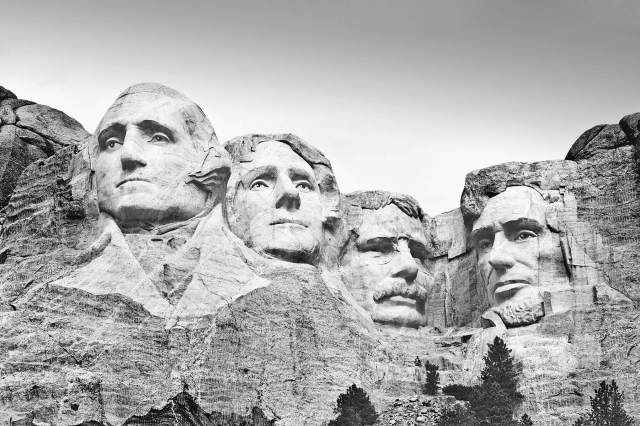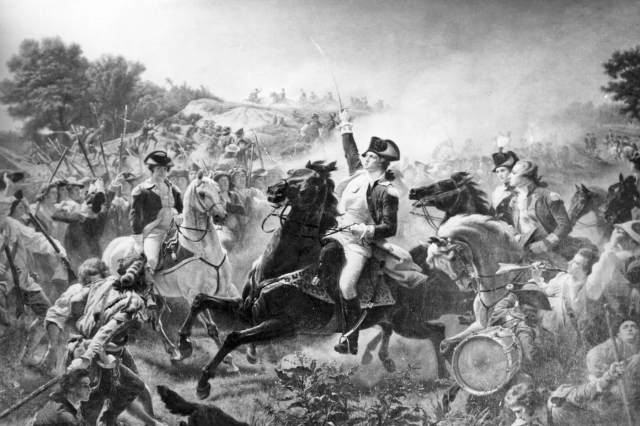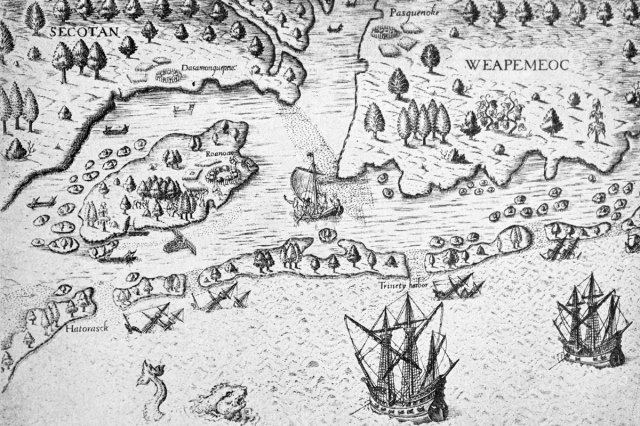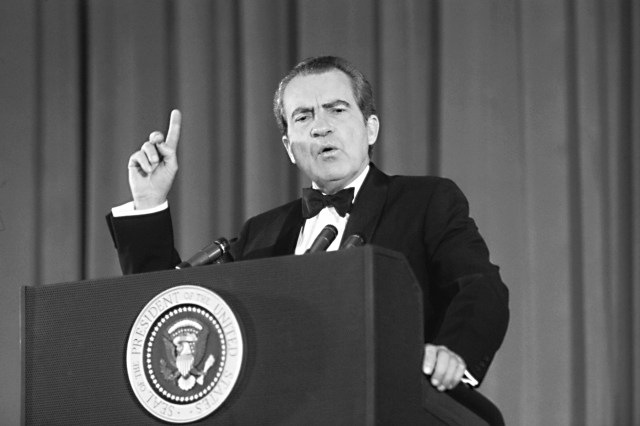6 Illuminating Facts About Secret Societies
The term “secret society” encompasses a wide variety of exclusive and clandestine organizations, many of which have been in existence for centuries and count some of history’s most influential figures among their members. Secret societies pique our curiosity because they often keep their activities and objectives concealed from nonmembers and the public. Though there are exceptions, the intentions of these exclusive groups are generally not nefarious; for instance, some college clubs can be considered secret societies because they have private rituals and traditions whose symbolism and mystique serve to create a sense of belonging and shared purpose.
The most prominent secret societies have left their mark on history, from wielding their influence over governments to shaping the course of labor and religious movements. Because of the secretive nature of these organizations, their historical origins can be complex to track down, and are often debated by historians and scholars. From the medieval beginnings of the Freemasons to the puzzling origins of Cicada 3301, here are six unusual facts about these mysterious groups.
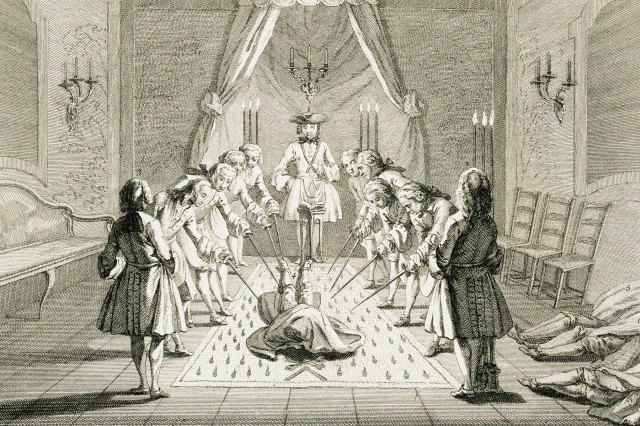
One of the World’s Oldest Secret Societies Still Flourishes Today
The history of the Freemasons dates back to the Middle Ages and the guilds of skilled stonemasons who regulated the qualifications of the stoneworkers. Their work required stonemasons to travel, encouraging a more open-minded worldview. The modern Freemasonry society was founded in England in 1717 and quickly spread throughout Europe and the American colonies. The organization established guidelines not only for stonework, but also for the moral and spiritual values of its members. Today, there are over 6 million Freemasons around the world. They still use the same system of secret rituals — including handshakes, passwords, and symbols — that have been used since the 18th century, but in recent years the group has begun making moves toward modernization and transparency. In 2021, the Freemasons issued the first annual report in their 300-year history.
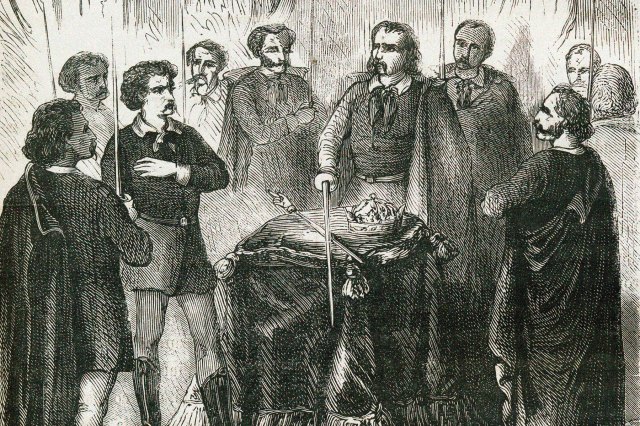
The Real Illuminati Was Interested in Enlightenment for All
The name “Illuminati” has been used to refer to various groups, both real and fictional, since the 15th century. But the group most closely linked to the name dates back almost 250 years to the Bavarian Illuminati, formally known as the Order of the Illuminati. The short-lived secret society was founded in Ingolstadt, Bavaria, in 1776 by German professor Adam Weishaupt, who wanted to create “a state of liberty and moral equality, freed from the obstacles which subordination, rank, and riches, continually throw in our way.” Taking inspiration from the Freemasons and French Enlightenment philosophers, Weishaupt formed a secret society that climbed to more than 2,000 members in Bavaria, France, Hungary, Italy, and other regions where Enlightenment ideas were taking hold. The Bavarian government eventually shut down the Illuminati in 1784, prohibiting the creation of any groups not authorized by law. But there were those who believed the society went underground, spawning a number of conspiracy theories that linked the group to world events, from the French Revolution to the 9/11 terror attacks.





